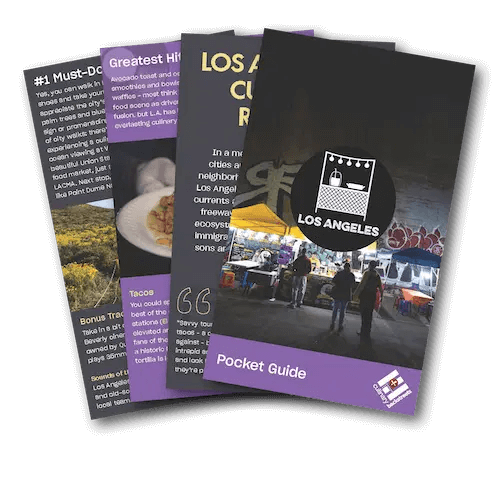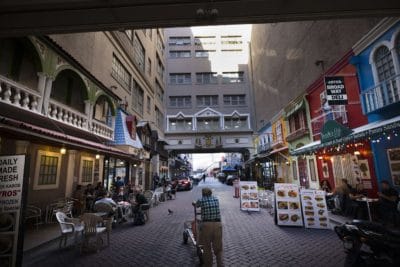We can't find the internet
Attempting to reconnect
Something went wrong!
Hang in there while we get back on track
El Jaliciense: OG Birria From Jalisco
We can't find the internet
Attempting to reconnect
Something went wrong!
Hang in there while we get back on track

Related Stories
We can't find the internet
Attempting to reconnect
Something went wrong!
Hang in there while we get back on track
Book our Award-Winning Los Angeles Food Tour

Get Your Free Los Angeles Pocket Guide
Introducing our pocket-sized Los Angeles guide — perfect for your next culinary adventure. Yours free when you sign up for our newsletter.







